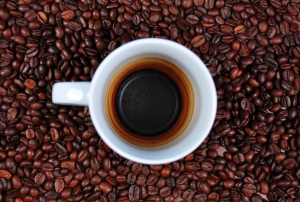
By PositiveMed Team- Costa Rica Office
Edited by Stephanie Dawson
Excess perspiration is usually caused by the body’s need to regulate temperature. Commercial anti-perspirants work by blocking the sweat ducts under your armpits. Sweat is your body’s way of removing toxins from the body; so daily blocking is not ideal and can cause longer-term health problems. It is bacteria mixing with your sweat, rather than the sweat itself that causes body odor and these deodorants will work to mask the smell.
HOMEMADE DEODORANT:
Baking soda works wonders as it neutralizes the odor of sweat. Just sprinkle a light covering onto a damp flannel and pat on. There is no need to rinse.

DEODORANT POWDER:
• 8 tablespoons baking soda
• 8 tablespoons cornstarch
• A few drops of lavender or lemon essential oils
Place the baking soda, cornstarch, and essential oils in a glass jar.
Shake to blend
Sprinkle a light covering of the powder on to a flannel and pat on. Do not rinse.
LIQUID DEODORANT:
• 4 tablespoons each of witch hazel extract, aloe vera gel, and mineral water
• 1 tablespoon vegetable glycerin
• A few drops of lavender or tea tree essential oils
Put all of the ingredients in a spray bottle and shake to blend
Spray on as needed. Do not rinse.
SOURCE: Natural Remedies, Melissa Corkhill, 2011





